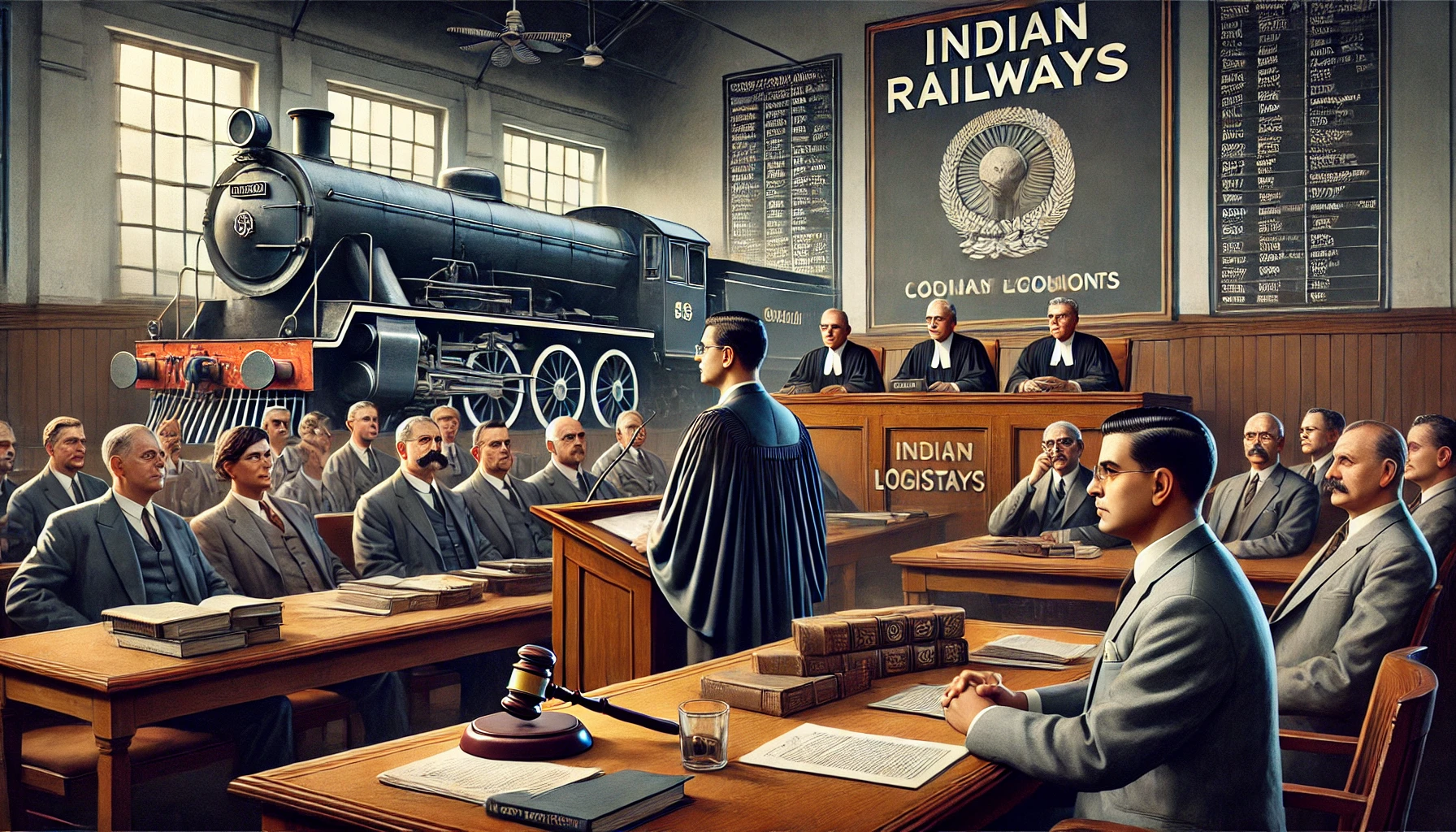Citation
AIR 1964 SC 964
Court
Supreme Court of India
Date of Judgment
18 February 1964
Bench
Hon’ble Justice K. Subba Rao, Hon’ble Justice J.C. Shah
Facts of the Case
The case involved a dispute between the Union of India and Maddala Thathiah over the specific performance of a contract concerning the transportation of goods by the Indian Railways. Maddala Thathiah claimed that the railway authorities failed to fulfill their contractual obligations, causing significant losses to him.
The Union of India argued that the non-performance was due to unforeseen circumstances beyond their control, such as logistical and operational constraints. Maddala Thathiah sought compensation for the breach.
Legal Issues
- Whether the Union of India was liable for non-performance of the contract under force majeure conditions.
- Whether Maddala Thathiah was entitled to compensation for the alleged breach of contract.
Reasoning of the Court
- Force Majeure and Section 56
- The court examined the applicability of Section 56 of the Indian Contract Act, 1872, which excuses performance of a contract when it becomes impossible due to unforeseen events.
- Obligation of the Parties
- The court held that the Union of India failed to provide sufficient evidence to prove that the alleged logistical issues amounted to a force majeure event.
- Specific Performance and Compensation
- The court emphasized that when a public authority fails to fulfill its contractual obligations without valid justification, it can be held liable for damages.
Judgment
The Supreme Court ruled in favor of Maddala Thathiah, holding that the Union of India was liable for breach of contract. The court awarded compensation to Maddala Thathiah for the losses incurred due to non-performance.
Significance of the Case
- Accountability of Public Authorities
- The case reinforced the principle that public authorities, including the Indian Railways, are bound by their contractual obligations and cannot escape liability without valid grounds.
- Force Majeure Interpretation
- It clarified the scope of force majeure, ensuring that it cannot be invoked without substantial evidence of unforeseen events.
- Protection of Private Parties
- The judgment emphasized the importance of protecting private parties in contracts involving public entities.
Conclusion
The case of Union of India v. Maddala Thathiah is a landmark decision that underscores the accountability of public authorities in fulfilling contractual obligations. It provides clarity on the application of force majeure and ensures fairness in disputes involving government entities.

